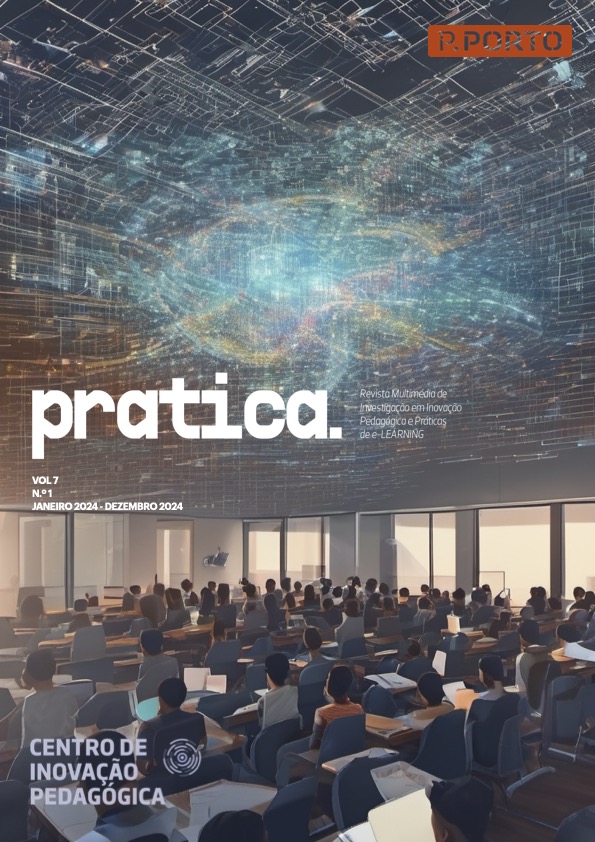SCRUM PROJECT BASED LEARNING (PBL) IN COMPUTER ENGINEERING UNDERGRADUATE EDUCATION
DOI:
https://doi.org/10.34630/pel.v7i1.5820Keywords:
Project-Based Learning (PBL), SCRUM, Software, Computer EngineeringAbstract
The integration of Project-Based Learning (PBL) and the Scrum framework into the Degree in Computer Engineering is an innovative pedagogical approach that aims to prepare students more effectively for the challenges of the technological job market. This methodology puts students at the center of the learning process, encouraging them to apply theoretical knowledge in practical contexts through the development of semi-real projects and the agile management of these projects. PBL fosters the development of essential skills such as teamwork, problem-solving and critical thinking, while Scrum introduces project management practices that promote flexibility, collaboration and the continuous delivery of value. In the Computer Engineering course at the Polytechnic Institute of Management and Technology, the application of these methodologies is exemplified in the Programming Laboratory Curricular Unit project, which follows a schedule of sprints and reinforces the importance of analysis, planning and collaborative execution. Project assessment is based on technical criteria and the effectiveness of the work methodology, providing a rich educational experience that prepares students to be competent professionals capable of adapting to the dynamics of the technology sector.
Downloads
Published
How to Cite
Issue
Section
License
Copyright (c) 2024 Authors

This work is licensed under a Creative Commons Attribution-NonCommercial-ShareAlike 4.0 International License.




